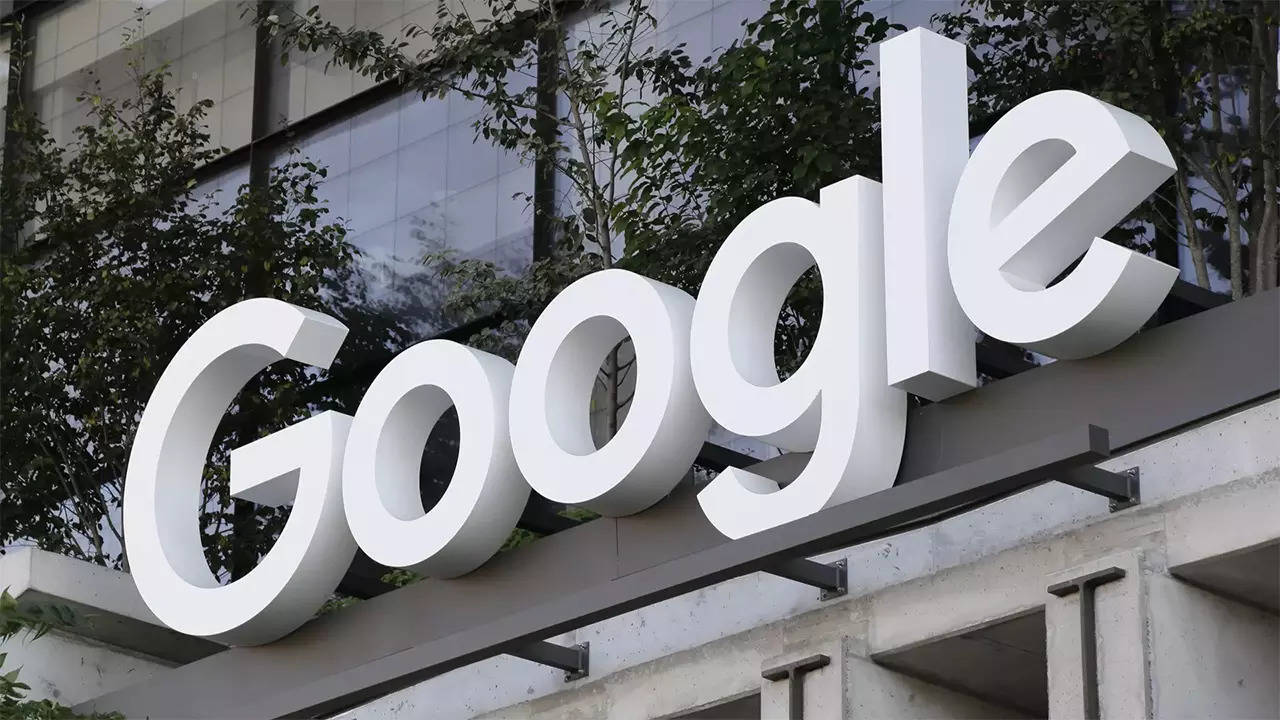WASHINGTON: The Justice Department and 38 states and territories on Tuesday laid out how Google had systematically wielded its power in online search to cow competitors, as the internet giant fiercely parried back, in the opening of the most consequential trial over tech power in the modern internet era.
In a packed courtroom at the E. Barrett Prettyman US Courthouse in Washington, the Justice Department and states painted a picture of how Google had used its deep pockets and dominant position, paying $10 billion a year to Apple and others to be the default search provider on smartphones — cutting out rivals and entrenching its search engine, the government said.
“This feedback loop, this wheel, has been turning for more than 12 years,” said Kenneth Dintzer, the Justice Department’s lead courtroom lawyer. “And it always turns to Google’s advantage.”
Google denied it had illegally used agreements to exclude its search competitors and said it had simply provided a superior product, adding that people can easily switch which search engine they use. The company also said internet search extends more broadly than its general search engine and pointed to the many ways people now find information online, such as Amazon for shopping.
“Users today have more search options and more ways to access information online than ever before,” said John Schmidtlein, the lawyer who opened for Google.
The back-and-forth came in the federal government’s first monopoly trial since it tried to break up Microsoft more than two decades ago. This case — US et al. v. Google — is set to have profound implications not only for the internet behemoth but also for other large tech companies.
The final ruling, by Judge Amit Mehta of the US District Court of the District of Columbia, could shift the balance of power in the tech industry. A government victory could set limits on Google and change its business practices, sending a humbling message to the other tech giants. If Google wins, it could act as a referendum on increasingly aggressive government regulators, raise questions about the efficacy of century-old antitrust laws and further embolden Silicon Valley.
The Justice Department filed the case accusing Google of illegally maintaining its dominance in search in October 2020. Months later, a group of attorneys general from 35 states, Puerto Rico, Guam and the District of Columbia filed their own lawsuit. Mehta is considering both lawsuits during the trial.
In a packed courtroom at the E. Barrett Prettyman US Courthouse in Washington, the Justice Department and states painted a picture of how Google had used its deep pockets and dominant position, paying $10 billion a year to Apple and others to be the default search provider on smartphones — cutting out rivals and entrenching its search engine, the government said.
“This feedback loop, this wheel, has been turning for more than 12 years,” said Kenneth Dintzer, the Justice Department’s lead courtroom lawyer. “And it always turns to Google’s advantage.”
Google denied it had illegally used agreements to exclude its search competitors and said it had simply provided a superior product, adding that people can easily switch which search engine they use. The company also said internet search extends more broadly than its general search engine and pointed to the many ways people now find information online, such as Amazon for shopping.
“Users today have more search options and more ways to access information online than ever before,” said John Schmidtlein, the lawyer who opened for Google.
The back-and-forth came in the federal government’s first monopoly trial since it tried to break up Microsoft more than two decades ago. This case — US et al. v. Google — is set to have profound implications not only for the internet behemoth but also for other large tech companies.
The final ruling, by Judge Amit Mehta of the US District Court of the District of Columbia, could shift the balance of power in the tech industry. A government victory could set limits on Google and change its business practices, sending a humbling message to the other tech giants. If Google wins, it could act as a referendum on increasingly aggressive government regulators, raise questions about the efficacy of century-old antitrust laws and further embolden Silicon Valley.
The Justice Department filed the case accusing Google of illegally maintaining its dominance in search in October 2020. Months later, a group of attorneys general from 35 states, Puerto Rico, Guam and the District of Columbia filed their own lawsuit. Mehta is considering both lawsuits during the trial.
Denial of responsibility! Swift Telecast is an automatic aggregator of the all world’s media. In each content, the hyperlink to the primary source is specified. All trademarks belong to their rightful owners, all materials to their authors. If you are the owner of the content and do not want us to publish your materials, please contact us by email – swifttelecast.com. The content will be deleted within 24 hours.


